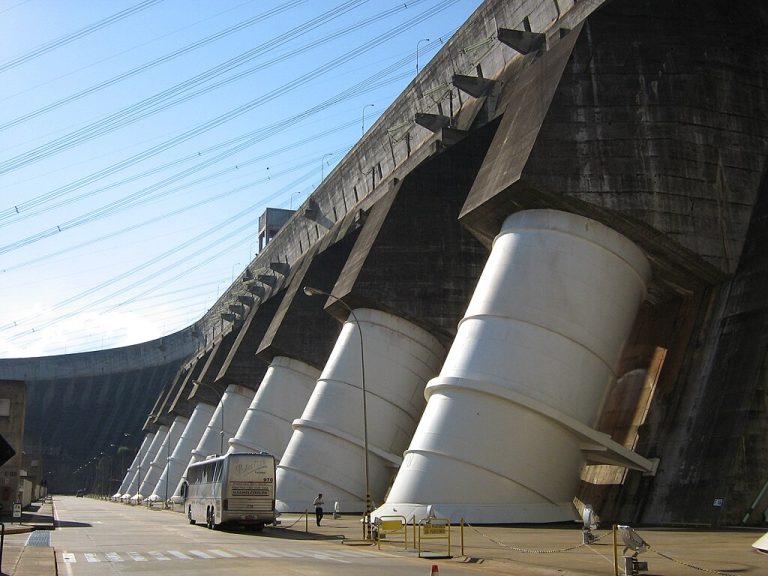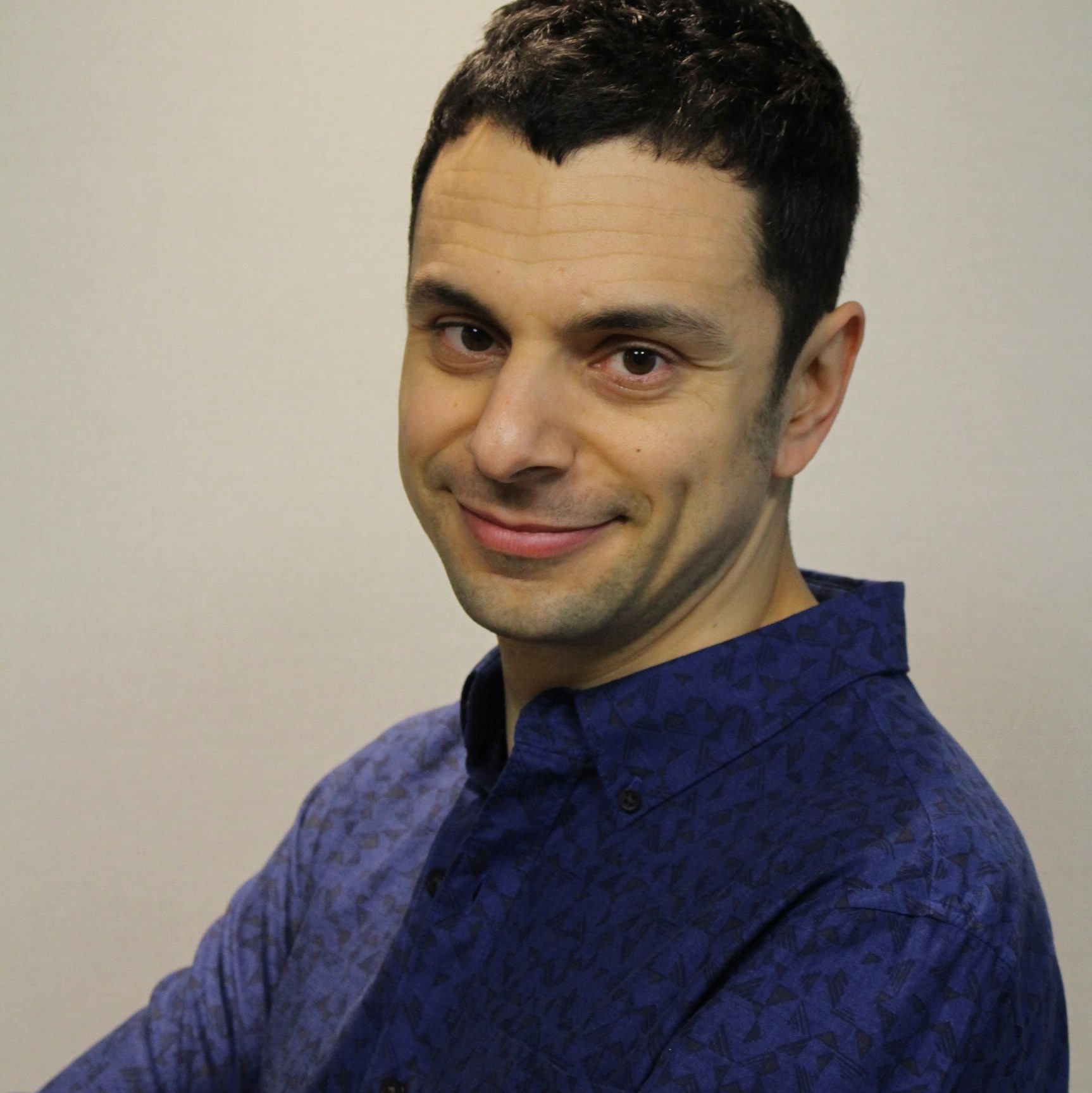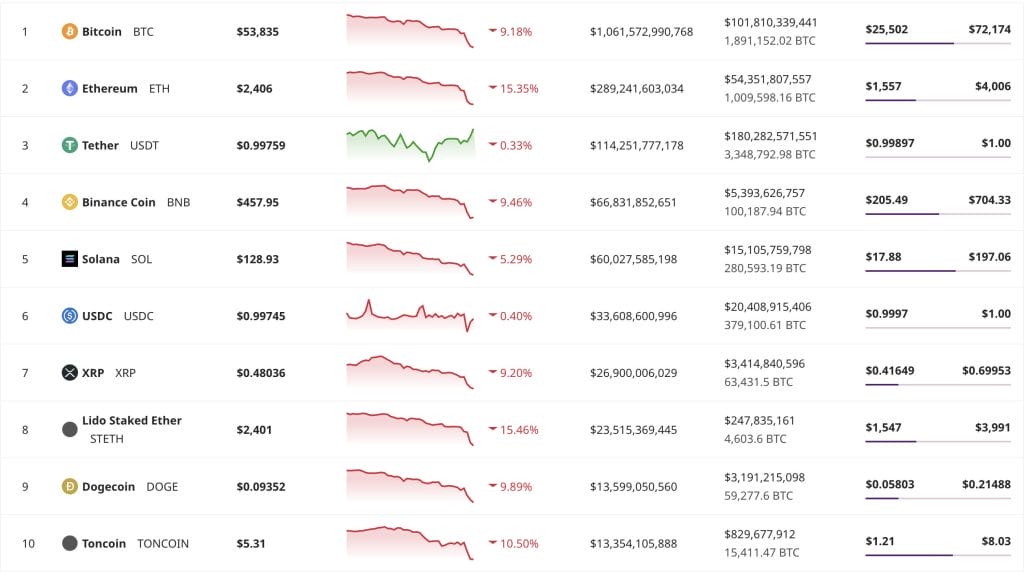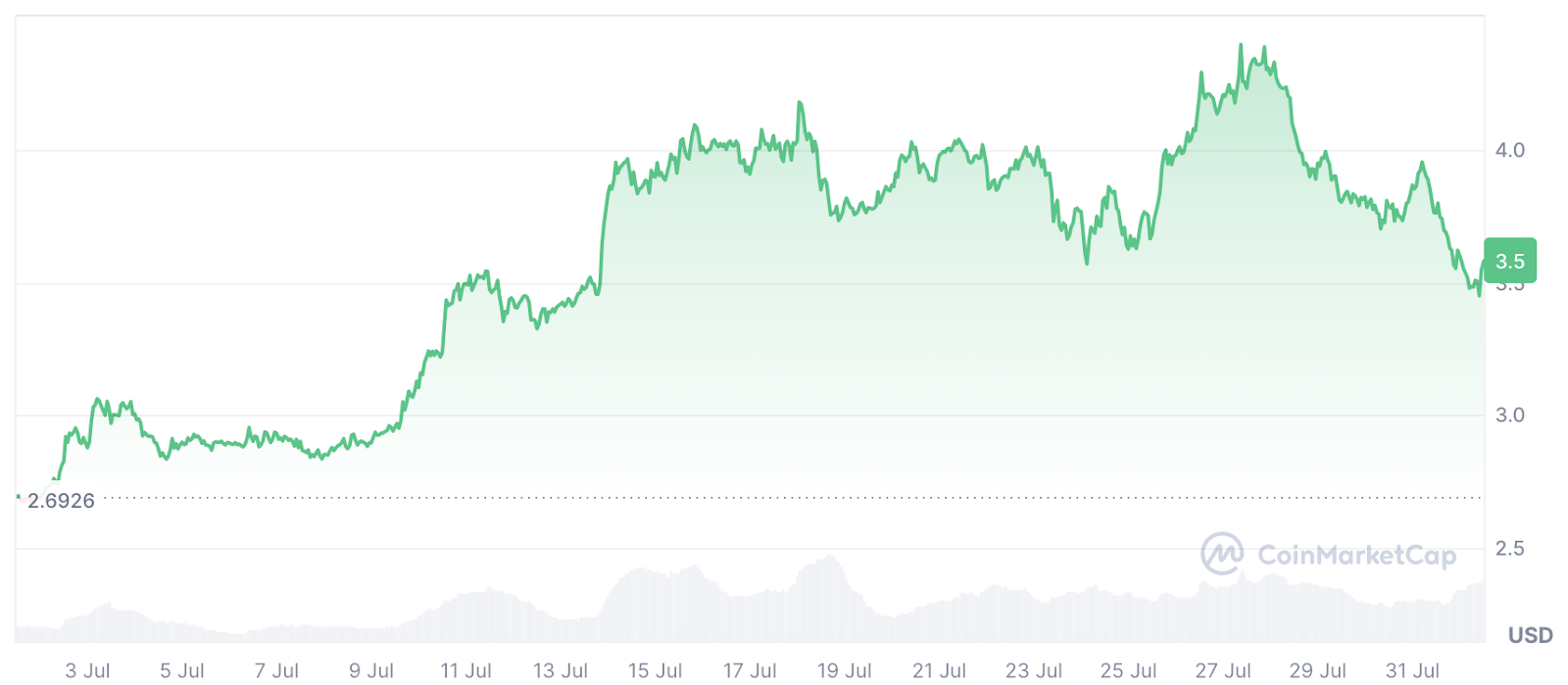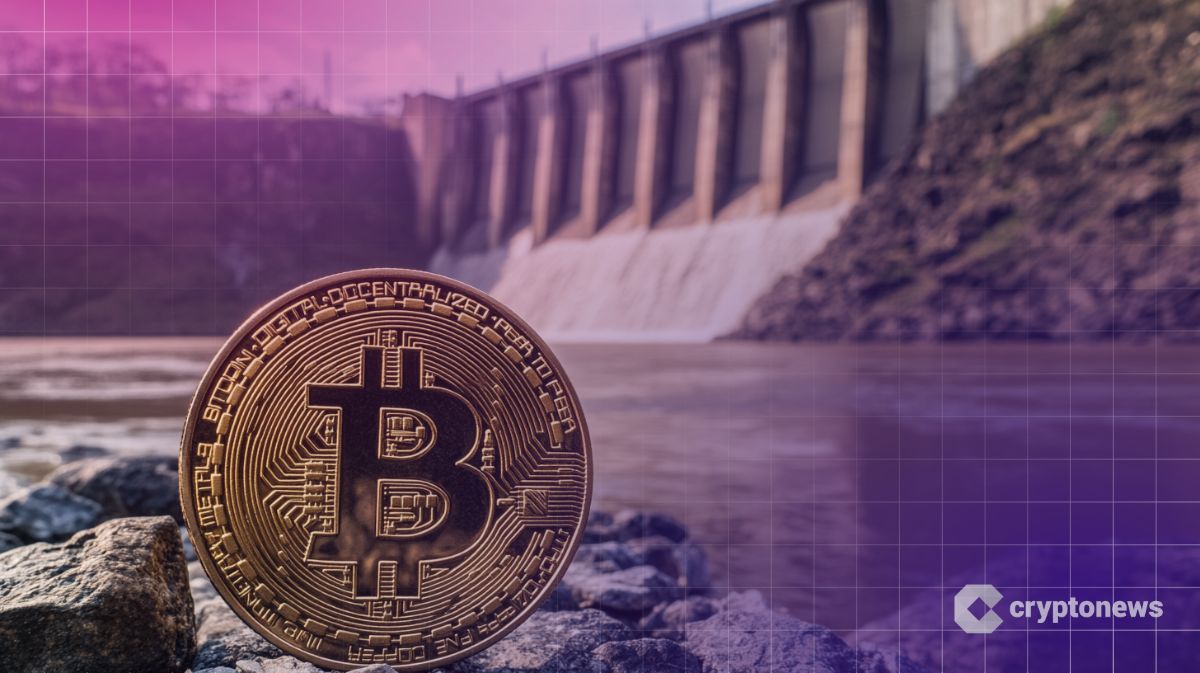
Bitcoin mining operators are putting less of a strain on Paraguay’s power grid than engineers initially feared, the nation’s power provider says.
Per the Spanish-language news outlet Criptonoticias, the comments came from Félix Sosa, the President of the National Electricity Administration (ANDE).
Speaking at a recent blockchain technology-related conference, the power chief said that crypto mining in Paraguay does not affect the population’s electricity supply.
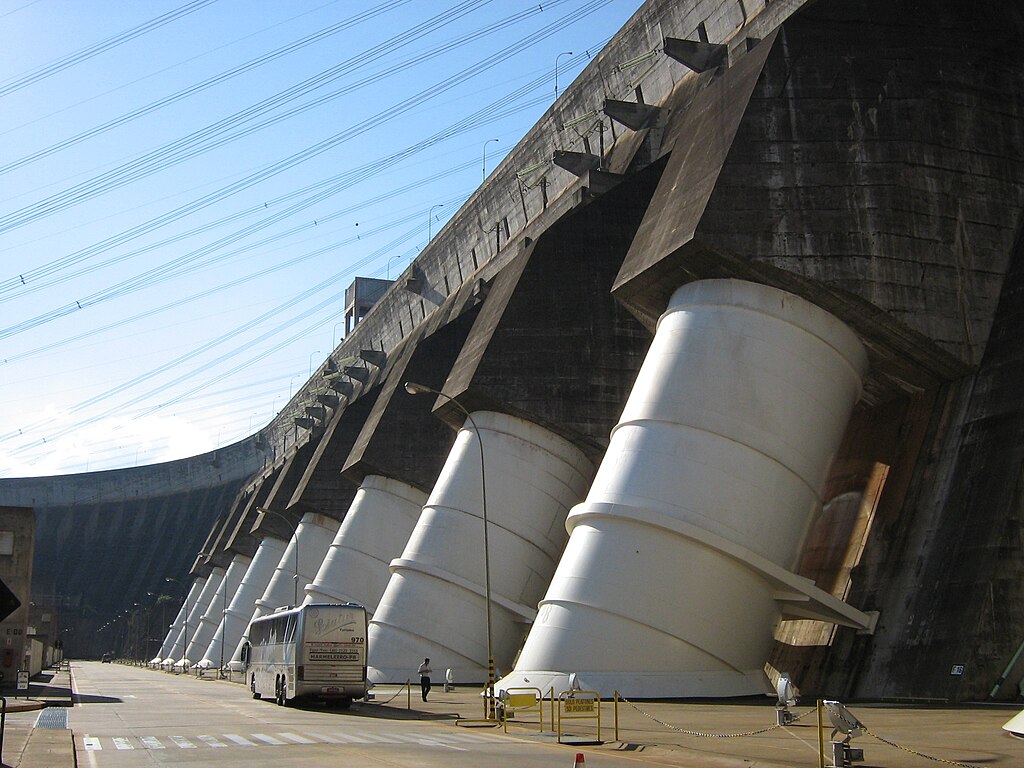
Bitcoin Mining: Paraguay Expansion Planned
Sosa explained that BTC and crypto miners’ operations in Paraguay require just over 700 MW of energy.
But the ANDE chief said that miners are required to operate in designated areas of the country.
This ensures they do not put strains on areas that might otherwise experience power shortages.
Sosa said that projected crypto mining-related electricity consumption for 2025 would be equivalent to the output of just one and a half turbines of the Itaipú Dam.
Itaipú: Playing a Key Role
The dam is one of the largest hydroelectric power plants in the world, and houses 20 turbines. However, the most powerful of these turbines (which operate at 60 Hz), produce power for Brazil.
The Itaipú Dam straddles the river that separates the two Latin American nations.
Despite the fact that Briazil takes the lion’s share of the dam’s energy output, the remaining 10 50 Hz turbines produce surplus power for Paraguay.
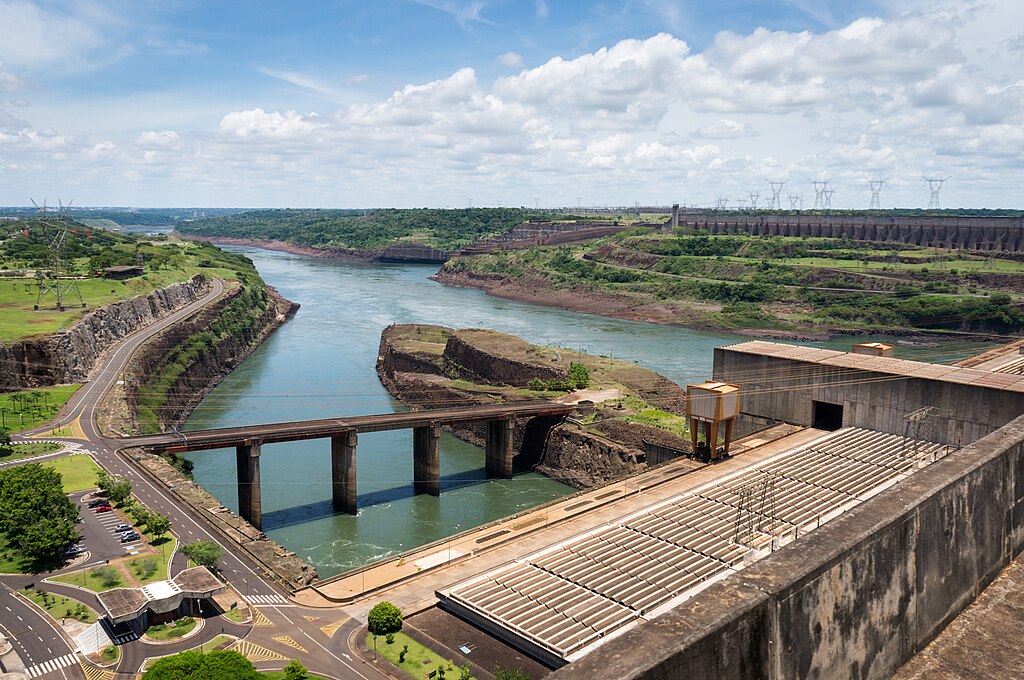
In recent years, ANDE has agreed to let Bitcoin miners use much of this power, claiming that it is “abundant, renewable, and affordable energy.”
The provider also says that as well as offering clean power, it also offers miners electricity at highly competitive rates.
Paraguayan law stipulates that miners must pay differentiated rates based on their required electrical voltage level.
The lowest rates apply for the sub-23 kV (medium voltage) group. The next level is sub-66 kV (high voltage), with users over 220 kV (very high voltage) making up the final category. Sosa said:
“Our priority is to ensure responsible energy use, consistent with the capacity of the Paraguayan system.”
While miners are now using just over 700 MW, ANDE plans to expand this to a capacity of 1,000 MW by the end of 2025.
Bitcoin Mining in Paraguay: Rate Hike Incoming?
The planned capacity expansion, the firm said, is set to generate revenues of approximately $240 million for ANDE.
But Criptonoticias quoted an engineer named Axel Benítez as pouring scorn on Sosa’s claims.
Benítez said that, per 2024 data, the actual consumption billed to crypto mining companies was only 255.5 MW. The engineer said:
“If they are planning to go from 700 to 1,000 MW by the end 2025 and ANDE is set to collect $240 million, a simple math calculation results in a rate of $80 per megawatt hour. That is almost double the current rate for [crypto miners]. So, that means that either a rate hike is coming, or ANDE does not know how to use a calculator.”
Communities Unhappy With Miners
The media outlet added that some Paraguayans have also expressed their displeasure at the rise of Bitcoin mining in the nation.
It reported that residents of the Santa Lucía District in Villarrica complain of “constant noise from fans and mining equipment.”
The noise, they claim, is affecting families’ mental health, sleep patterns, and their quality of life. The problem is particularly acute for children with special needs, residents said.
While ANDE has taken a welcoming stance to legal crypto miners, it has also been waging a war against illegal operators.
Last year, the provider conceded that it loses about one third of all the energy it produces, with illegal miners responsible for at least some of these losses.
It has also seized over 10,000 Bitcoin mining rigs from operators. Last year, a group of 14 senators petitioned the government to temporarily ban crypto mining in the country.
